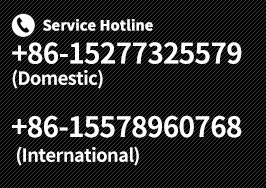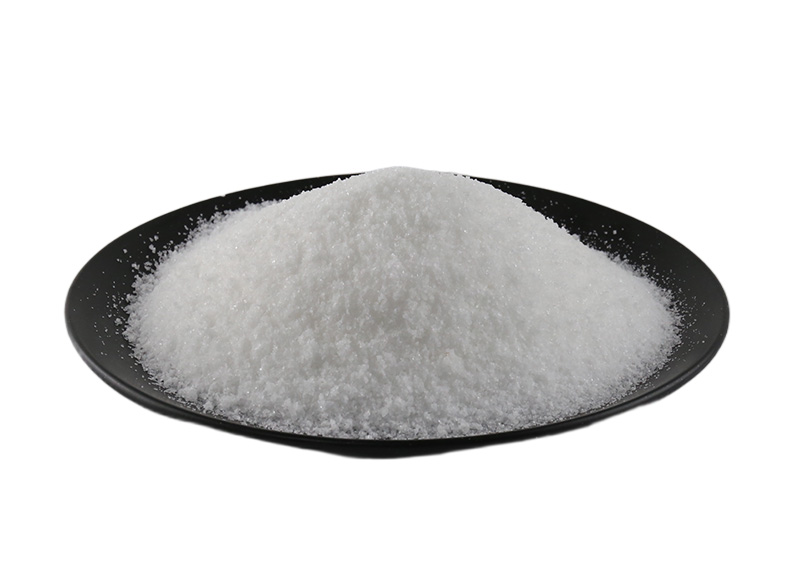+86-15277325579(Domestic)
+86-15578960768(International)





Content Description:···
Our company provides comprehensive project consultation services, focus on providing environmental governance process design packages and cost-effective high-efficiency equipment (proprietary patented technology) and various water treatment chemicals for enterprises.
|
|
Nonionic Type |
Anionic Type |
Cationic Type |
Amphoteric Type |
|
Appreance |
White particle or powder |
White particle or powder |
White particle or powder |
White particle or powder |
|
Molecular Weight(million) |
3-22 |
5-18 |
5-15 |
5-12 |
|
Solid content % |
≥88 |
≥88 |
≥88 |
≥88 |
|
Ionic degree or hydrolysis degree % |
Hydrolysis degree 10-35 |
Ionic degree 5-80 |
Hydrolysis degree 0-5 |
Ionic degree 5-50 |
|
Residual monomer % |
≤0.2 |
≤0.2 |
≤0.2 |
≤0.2 |
|
Range of use |
The pH value of water is neutral or alkaline |
Belt type centrifugal filter press |
The pH value of water is neutral or alkaline |
Belt type centrifugal filter press |
Service Hotline: +86-15277325579 (Domestic), +86-15578960768 (International)
Guilin Office: Rm. 1-401G1, Building 1, No. 108 Qilidian Road, University Science and Technology Park, Qixing District,
Guilin City, Guangxi, China.
Liuzhou Office: Rm. 1605, Building 7, Yangjing, Vanke City, Liubei District, Liuzhou City, Guangxi, China.
Nanning Office: Rm. 1110, Building 3, Guilin University of Technology Anji Campus, No. 15 Anji Avenue,Xixiangtang District,
Nanning City,Guangxi, China
Copyright © 2025 Enviro-Engin Company All Rights Reserved. 桂ICP备2025056344号-1
